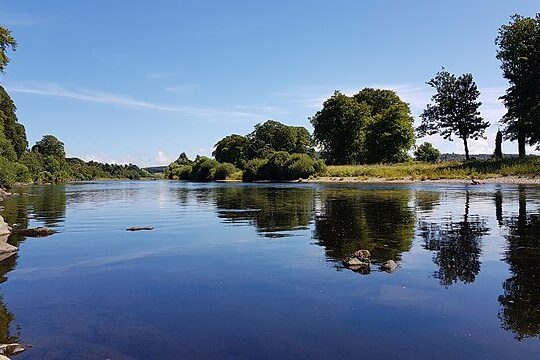
According to a new report by the House of Lords, significant infrastructure spending will be required to halt the dumping of sewage into rivers and oceans, and water bills will likely rise as a result.
Storm overflows are intended to discharge raw sewage only in emergencies during heavy rainfall, but they are being used too often, according to the government. The report claims that the system “relies on releasing polluted water” and blames successive governments, water companies, and regulator Ofwat. The Victorian-designed and constructed sewage system has not received enough investment in drains and treatment plants to handle a growing population and more intense storms, resulting in regular raw sewage discharge into rivers and beaches.
Lord Cromwell, a member of the House of Lords Industry and Regulators Committee, which published the report, said that for decades, the emphasis had been on providing cheap, high-quality water to the population, with little focus on environmental objectives. A separate waste water system that separates rainwater and waste water is widely viewed as the solution, but estimates for its cost range from tens of billions to hundreds of billions of pounds over several decades.
The Lords report states that the government’s Storm Overflows Discharge Reduction Plan will compel water companies to invest £56bn over the next 25 years, a cost that will almost certainly be passed on to customers. The report states that there will need to be a “social tariff” for those unable to pay the higher rates. However, it does not indicate how much water bills may rise.
Defra called the £56bn plan the “largest infrastructure programme” in the history of water companies. The Lords report also called for greater transparency from water companies, stating that despite growing public awareness, companies do not have to provide comprehensive information on what, when, and how much they release. In a statement, Ofwat welcomed the report, stating that it would work to hold water companies accountable and was currently investigating six companies.
Higher water bills are likely to raise concerns about the profits made by water companies and the salaries of their executives. Ofwat recently urged water firms to “take into account” environmental performance when determining dividend payments. The report suggests that water company bosses should not receive large bonuses while their companies pollute, and it calls for “greater individual accountability (at water companies) and sanctions for egregious environmental crimes.”
In response to a request for comment, Water UK, a trade association, welcomed the committee’s call for the government to give Ofwat guidance on the increased level of investment required to improve environmental and water security but made no comment on executive pay.
——————————————————————————
At Natural World Fund, we are passionate about stopping the decline in our wildlife.
The declines in our wildlife is shocking and frightening. Without much more support, many of the animals we know and love will continue in their declines towards extinction.
When you help to restore a patch of degraded land through rewilding to forests, meadows, or wetlands, you have a massive impact on the biodiversity at a local level. You give animals a home and food that they otherwise would not have had, and it has a positive snowball effect for the food chain.
We are convinced that this is much better for the UK than growing lots of fast-growing coniferous trees, solely to remove carbon, that don’t actually help our animals to thrive.
This is why we stand for restoring nature in the UK through responsible rewilding. For us, it is the right thing to do. Let’s do what’s right for nature!
Support our work today at https://naturalworldfund.com/ and join in the solution!

